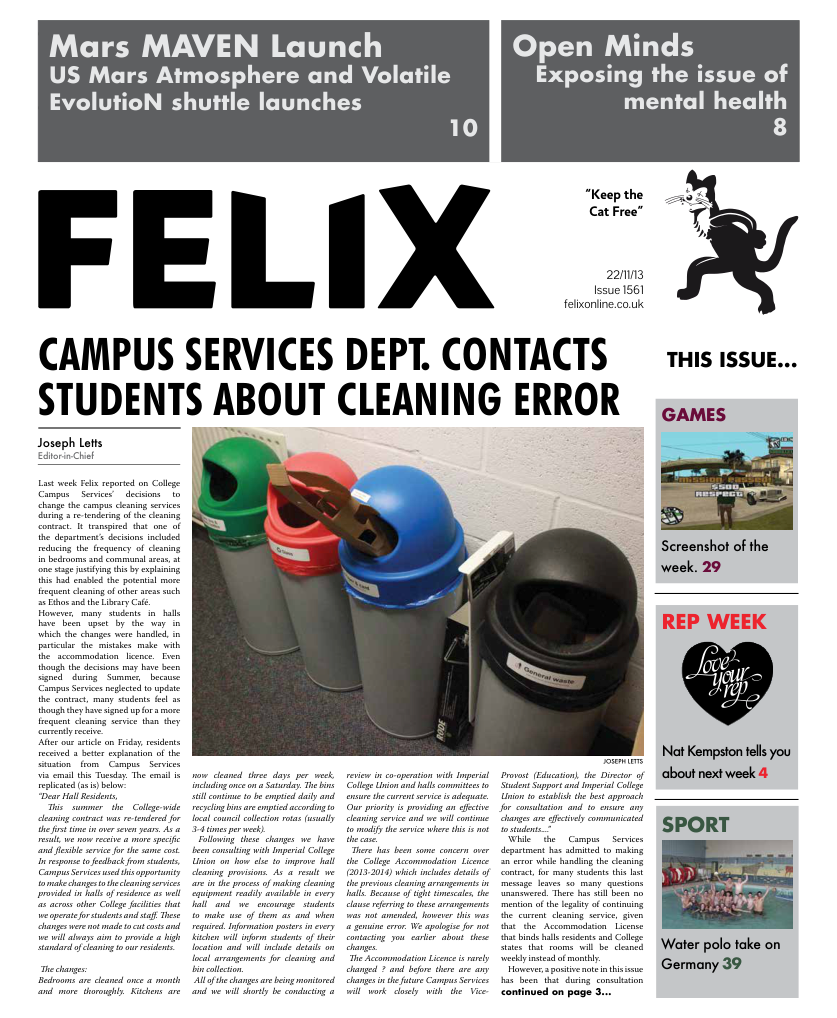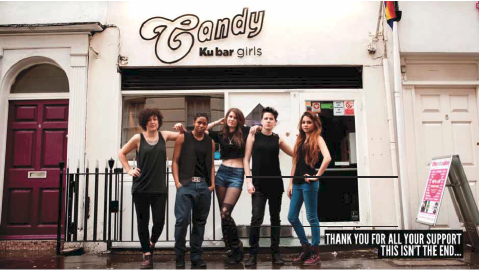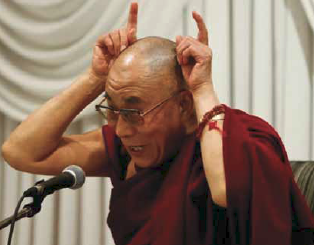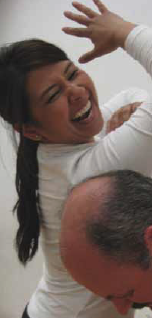Commonwealth: Beginning of the End?
As the controversial 23rd Commonwealth Governmental meeting in Colombo closed earlier this week there was widespread feeling that the Commonwealth has suffered a huge dent in its credibility. In March 2013 (for the first time in its history) the Commonwealth set out a new charter...
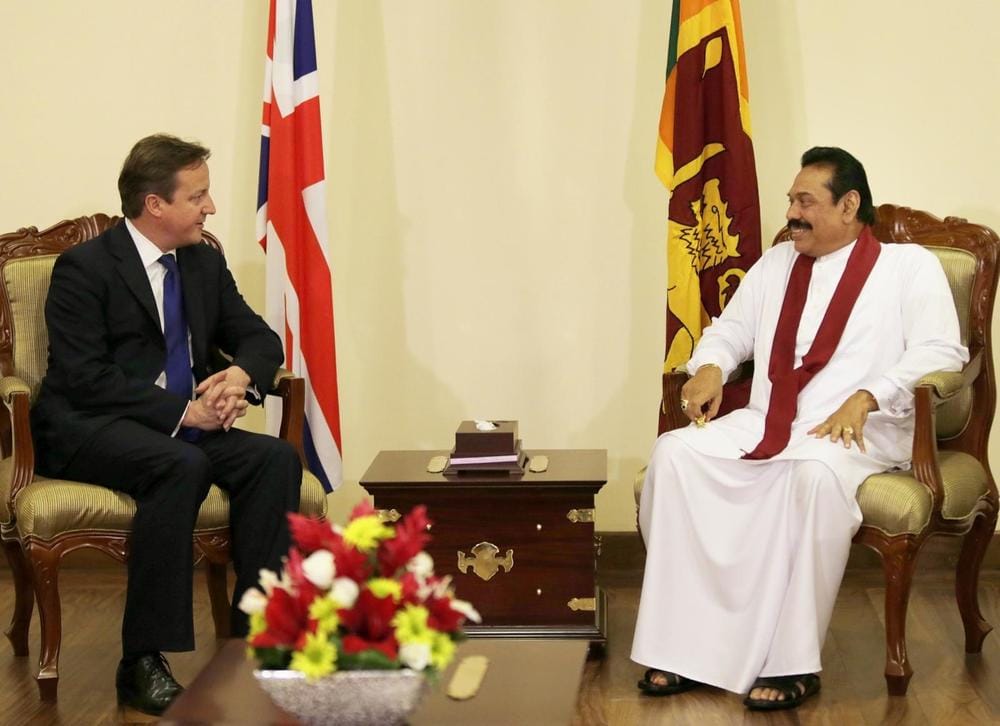
As the controversial 23rd Commonwealth Governmental meeting in Colombo closed earlier this week there was widespread feeling that the Commonwealth has suffered a huge dent in its credibility. In March 2013 (for the first time in its history) the Commonwealth set out a new charter emphasising the need for human rights, freedom of expression, good governance and the rule of law. Sri Lanka (Commonwealth chair for the next two years) frequently ignores these tenets. Last weekend descended into a public relations disaster of unprecedented proportions for both Sri Lanka, and the Commonwealth. Controversy over Sri Lanka’s appalling human rights record overshadowed the summit. The meeting in Colombo (15th to 17th November) had the lowest attendance of State heads for years. Boycotts from Canada and Mauritius on the grounds of human rights and an Indian snub dominated the events preceding the meeting as the incumbent Government tried to rebrand Sri Lanka’s image and deflect attention from its actions against the Tamil population – it failed miserably. John Baird, Canadian Foreign Minister, noted on Commonwealth inaction on Sri Lanka that: “Canada did not get involved in the Commonwealth to accommodate evil; we came to combat it”. In a post-colonial era, as the Commonwealth’s relevance is increasingly debated, Sri Lanka’s chairing of an organisation that has rebranded itself to be a force for good dooms the organisation. The UK has cut its Commonwealth funding following Canada’s contribution review. The most damning moment came from the Mauritian President Navin Ramgoolam. Warned by the Commonwealth Secretary General, Kamalesh Sharma, that it was “convention” for the Head of State of country to host the summit the Mauritian leader did not renege on his boycott. He withdrew Mauritius hosting of CHOGM 2015. It was the actions of David Cameron that completely upstaged the controversial summit. After the conclusion of the opening ceremony Cameron departed on a historic trip to the capital of the Tamil homeland, Jaffna. He became the first world leader to visit the war-affected city since the end of colonialism in 1948. To quote the PM what he viewed “will stay with [him]”. He visited the printing office of the popular Tamil newspaper (critical of Government), whilst uploading pictures of bullet holes in the walls of the office and the burnt out shell of a printer to Twitter. The office has been attacked repeatedly in recent years: 48 journalists have been killed in Sri Lanka within the last decade and it is ranked in the bottom 20 for press freedom. Most were Tamil. Many more have fled abroad or silenced their criticism. The chilling picture showcased the lack of freedom of expression in Sri Lanka, one of the “core values of the Commonwealth” as the Secretary General put it. It set the scene for the most sobering moment of the entire summit: as David Cameron’s motorcade passed through the now militarily occupied city, scores of mothers clashed with riot police, seeking to bring attention to their plight. Over 140,000 Tamils remain unaccounted for in the Northern Province. Many of these mothers have sons who have disappeared since surrendering to the Sri Lankan army at the end of 2009. A 35-year old Tamil activist named Sivakumaran Baskaran has been reported missing since the end of the 2013 summit. Sri Lanka has the highest proportion of ‘disappeared people’ on earth with 5676 cases registered at the UN alone. Pictures of Sri Lankan police pushing elderly women to the ground during a Commonwealth summit will endure. Some pleaded to foreign media tailing the convoy to help them find their missing loved ones while handing over pictures. Channel 4 received over 130 such photos in just one hour. Recent developments serve as a form of resistance to oppressive regimes. This has happened before. In the 1970s the Commonwealth led the boycott of South Africa’s apartheid regime. It was in this movement that the Commonwealth showed potential to protect and uphold human rights around the world. The Commonwealth had found its soul. One wonders whether the organisation will keep Sri Lanka at the helm. With the UN Human Rights Commissioner Navi Pillay (and David Cameron) setting a March 2014 deadline for the Sri Lankan regime to conduct an independent investigation into the litany of war crimes committed at the end of the 2009 war and the Sri Lankan government remaining unwilling to do so, the stage is set for a third resolution to the UN Human Rights Council against Sri Lanka. The fact that the chair of an organisation emphasising human rights as one of its core values could be the target of a UN resolution will be disastrous for the Commonwealth. This is precisely why Cameron must call for Sri Lanka to be suspend and their chairmanship revoked. The Secretary General of the Commonwealth has continually shielded Sri Lanka from criticism for reasons unknown. Kamalesh Sharma has lost the faith of many, with the Canadian Foreign Minister labelling him a “stooge” of the Sri Lankan government. His withdrawal of a report from other Commonwealth ministers (proving Sri Lanka’s impeachment of their Chief Justice to be unconstitutional) sent shockwaves of outrage around the world. The recent summit highlighted the Commonwealth’s dangerous trajectory. It will be a rough road if it continues this way – one from which it might not emerge at all. In my opinion the Sri Lankan President Mahinda Rajapakse and Kamalesh Sharma were the men who killed the Commonwealth. If you would like to find out more about Tamil atrocities in Sri Lanka and what you can do to stop it, please visit International Tamil society’s Breaking the Silence stall in Sherfield on Monday 25th November.

